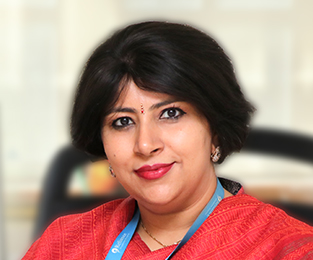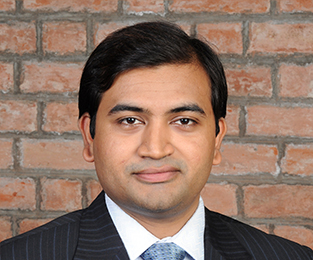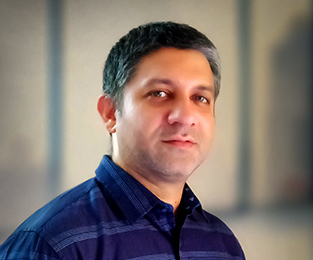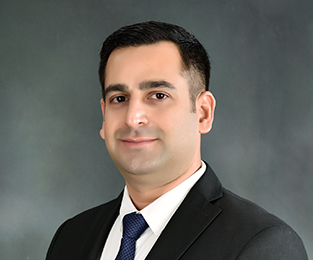
Our motto “Growth is Life” aptly captures the ever-evolving spirit of Reliance. We have evolved from being a textiles and polyester company to an integrated player across energy, materials, retail, entertainment and digital services. In each of these areas, we are committed to innovation-led, exponential growth. Our vision has pushed us to achieve global leadership in many of our businesses.
Reliance's products and services portfolio touches almost all Indians on a daily basis, across economic and social spectrums. We are now focussed on building platforms that will herald the Fourth Industrial Revolution and will create opportunities and avenues for India and all its citizens to realise their true potential.
Maker Chambers - IV, Nariman Point, Mumbai, India
1977
In 1977, Reliance Textile Industries’ IPO creates history by introducing the equity cult in India. The issue is oversubscribed seven times, strengthening Reliance’s growth ambitions.
1991
Reliance’s backward integration journey continues. The Hazira plant coming on stream in 1991 laid the foundation for Reliance becoming the world’s largest integrated producer of polyester.
2000
In 2000, Reliance commissions the world's largest grassroots refinery in a record 36 months: the Jamnagar petrochemicals and integrated refinery complex. With the development of the associated green belt, the desert surrounding Jamnagar becomes home to another man-made wonder – Asia’s largest mango orchard!
2002
In 2002, Reliance enters the Infocomm business and brings about a revolution in mobile telephony in India.
2004
In 2004, Reliance emerges as the first and only private Indian organisation to be listed in the Fortune Global 500 list. Reliance is also the first private sector company to be rated by international credit rating agencies - including Moody's, Standard and Poor's.
2005
In 2005, Reliance makes a strategic decision to reorganise its businesses through a demerger. Power generation and distribution, financial services and telecommunication services are demerged into separate entities.
2009
In 2009, Reliance commences production of hydrocarbons in its KGD6 block - against all odds - in just over two years of its discovery, making it the world’s fastest green-field deepwater oil development project. With this development, Reliance completes an unprecedented backward integration journey.
2014
Reliance Retail becomes the largest retailer by revenue in 2014, fulfilling the aspirations of millions across the country and bringing international experiences at affordable prices to every corner of India.
2019
In 2019, Reliance becomes the first Indian company to cross ₹10 trillion market capitalisation. Chairman and Managing Director Mr. Mukesh Ambani says, “In just four decades, Reliance has grown from a small startup to one of the largest, most admired companies in the world.
2020
In 2020, Reliance ranks as the 48th highest valued company in the world and ranks 96th on the Fortune Global 500 list
92 billion
160 billion
195,618

Dr. Tarang Gianchandani
CEO

Jerry Johnson
Senior Manager, Corporate Communication

Siddhartha Bhargava
Senior Team Lead, Corporate Strategy

Parikshit Gokhale
General Manager – Licensing, IMG Reliance

George Paul
Head – Strategic Alliances & Partnerships, JioGenNext

Shailesh Naik
Head - Digital Design Center
We seek internal and external perspectives to identify and help us better understand the risks and opportunities associated with new and emerging issues. The issues identified are evaluated for their relevance to Reliance and their impact on economic, environmental and social aspects. This exercise is performed annually to ensure its relevance to the changing business environment, and the disclosure through reports is aimed at our stakeholders like investors, customers, employees, JV partners, business partners and the community. We have worked with key stakeholders and focused our efforts towards our strategic pillars for sustainable development: energy management, environment, product stewardship, occupational health and safety, and social institution building.